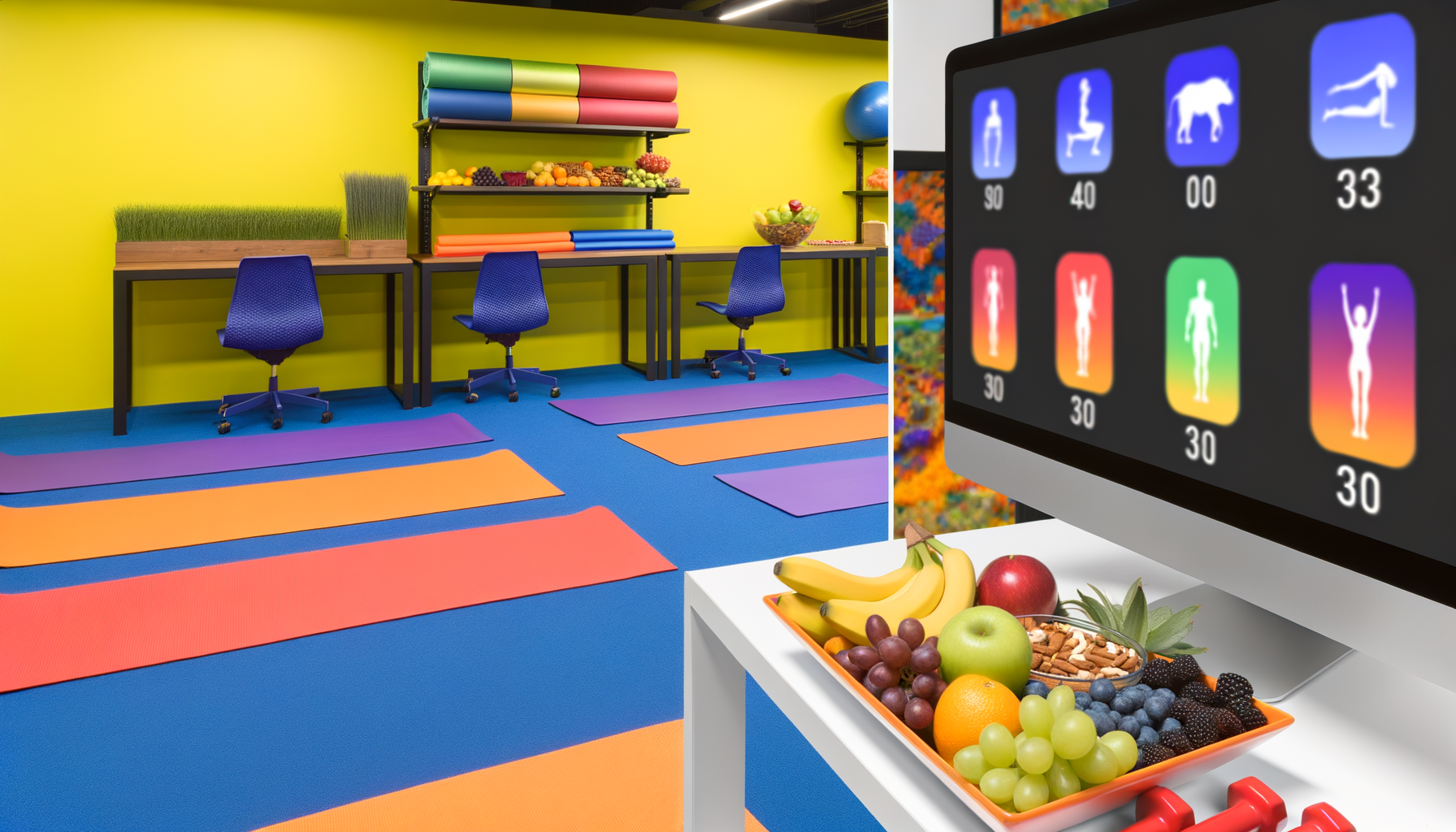Ways to Use Calorie Calculators for Client Goal Setting
Unlocking Client Success with Calorie Calculators: A Comprehensive Guide
Calorie calculators have become an indispensable tool in the health and fitness industry, helping clients set and achieve their weight loss or gain goals. These calculators provide personalized calorie goals based on various factors such as age, gender, weight, height, and activity level. In this guide, we will explore the ways to use calorie calculators for effective client goal setting, ensuring that your clients stay motivated and on track to reach their objectives.
Understanding How Calorie Calculators Work
Calorie calculators operate by first determining the client's Basal Metabolic Rate (BMR) or Resting Metabolic Rate (RMR), which is the number of calories the body needs to maintain its current weight without any additional activity. The Mifflin-St Jeor equation is commonly used for this calculation.
Once the BMR is calculated, it is adjusted based on the client's activity level to determine the Total Daily Energy Expenditure (TDEE). This gives an estimated number of calories needed to maintain the current weight based on the client's activity level.
Setting Realistic Goals with Calorie Calculators
One of the key benefits of using a calorie calculator is setting realistic goals. By providing a clear idea of how many calories a client should eat each day, these calculators help in setting achievable weight loss or gain targets. For instance, a safe and realistic goal is to lose one to two pounds per week, which can be supported by adjusting the daily calorie intake accordingly.
For weight loss, subtracting 500-1000 calories from the TDEE can help in creating a daily intake goal. Conversely, for weight gain, adding extra calories is necessary. However, it's crucial to monitor progress and adjust as necessary, often consulting with a nutritionist or health professional for personalized advice.
Measuring Progress and Staying Motivated
Tracking progress is an essential part of any weight loss or gain journey. Calorie calculators enable clients to measure their progress by comparing their daily calorie intake against their set goals. This helps in identifying if they are on track to reach their objectives. If progress is slow, adjustments can be made to the calorie intake or activity level.
Staying motivated is another significant challenge in weight loss or gain. A calorie calculator provides a clear plan to follow, helping clients see that they are meeting their daily calorie goals and making progress towards their overall objectives. Seeing results, even small ones, can keep clients motivated and committed to their plan.
Building Healthy Habits with Calorie Calculators
Using a calorie calculator helps clients build healthy eating and exercise habits. By tracking caloric intake and expenditure, clients become more aware of their food choices and activity levels. Over time, these healthy habits become ingrained, making it easier to maintain weight loss or gain.
Integrating Calorie Calculators into Client Coaching
For personal trainers and coaches, integrating calorie calculators into client coaching can be highly beneficial. Here’s how you can set up and use these tools effectively:
Automated vs. Manual Goal Setting: Tools like Everfit allow you to set macro goals either manually or automatically based on client attributes. The automatic calculation uses the Mifflin-St Jeor BMR equation and adjusts for activity level, age, gender, height, weight, body fat, and goals.
Macro Tracking: Once the macro goals are set, clients can log their meals daily, and the app will track their macro distribution. This feature is accessible through platforms like Everfit, which also integrates with food diary apps like MyFitnessPal and Cronometer.
Rest Day Macros: It’s also possible to set separate macro goals for rest days, which can be defined as any day without workouts or specific days of the week. This flexibility helps in maintaining a balanced diet even on non-training days.
Choosing the Right Calorie Counter App
When selecting a calorie counter app, several factors should be considered to ensure it meets your client's needs effectively. Here are some key considerations:
Features: Look for apps that offer detailed tracking, meal plans, community support, and exercise plans. These features enhance the overall effectiveness of the app.
User-Friendliness: An app with a large food database, photo logging, or barcode scanners makes it easier for clients to log their meals consistently.
Realistic Expectations: Opt for apps that set realistic weight loss or gain goals, typically around 1 to 2 pounds per week, to ensure sustainable progress.
Compatibility: Choose an app that integrates well with other health apps and devices, making it easier to monitor activity levels.
Pricing: Consider both free and paid options. Paid versions often offer better features that may be worth the investment. Look for apps that offer free trials to test premium features.
Case Studies and Real-World Examples
To illustrate the effectiveness of using calorie calculators, let's consider a real-world example. Suppose Sara, a 30-year-old woman, weighs 150 lbs and wants to lose 20 lbs. Using a calorie calculator, she determines her TDEE and sets a daily calorie goal that is 500 calories below her TDEE. By tracking her progress and adjusting her diet and activity level as needed, Sara can achieve her weight loss goal in a sustainable manner.
Conclusion and Next Steps
Calorie calculators are powerful tools for client goal setting in the health and fitness industry. By providing personalized calorie goals, helping clients set realistic targets, and allowing them to track their progress, these calculators can significantly enhance the success of weight loss or gain journeys. As a personal trainer or coach, integrating these tools into your client coaching can lead to better outcomes and higher client satisfaction.
If you're looking to enhance your client's experience and help them achieve their goals more effectively, consider using tools like the WP Calorie Calculator. This widget can be easily integrated into your website, attracting visitors and generating new leads in the health and fitness industry. Explore the WP Calorie Calculator Plans to find the best option for your needs.
Remember, the key to successful weight loss or gain is setting realistic goals and maintaining healthy habits. By leveraging calorie calculators and other nutrition tracking tools, you can empower your clients to reach their full potential and achieve long-term success.











